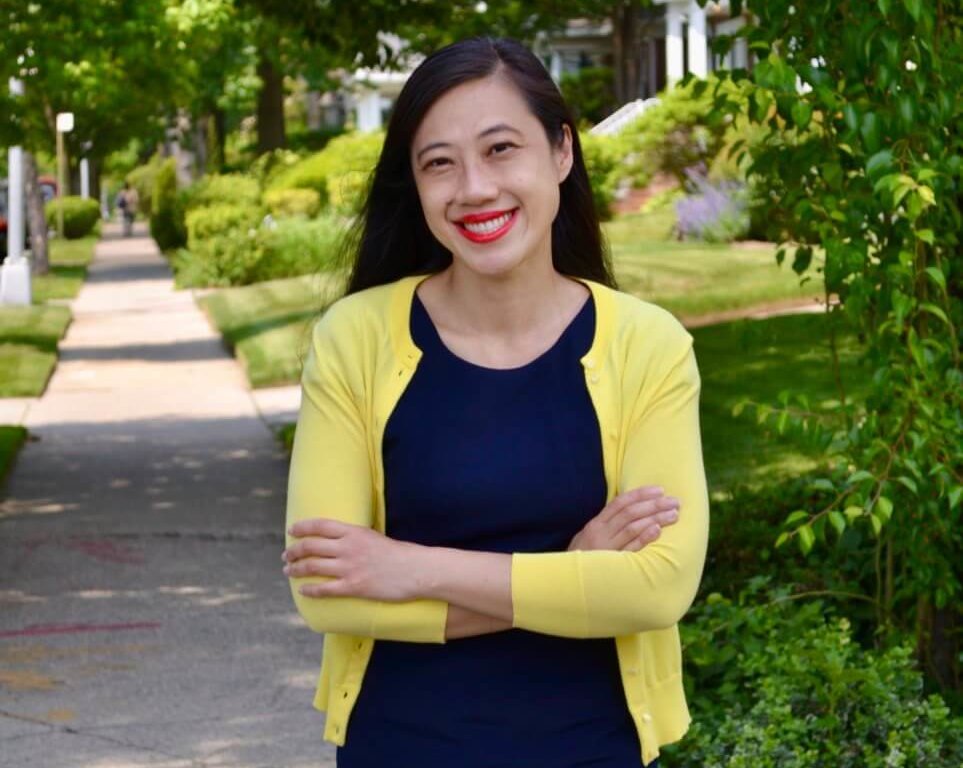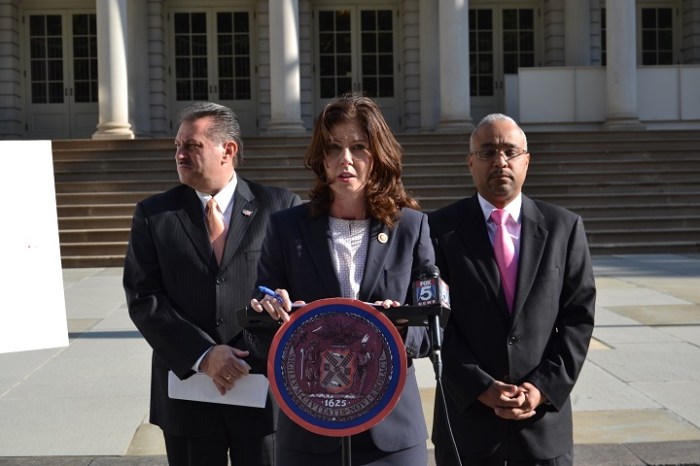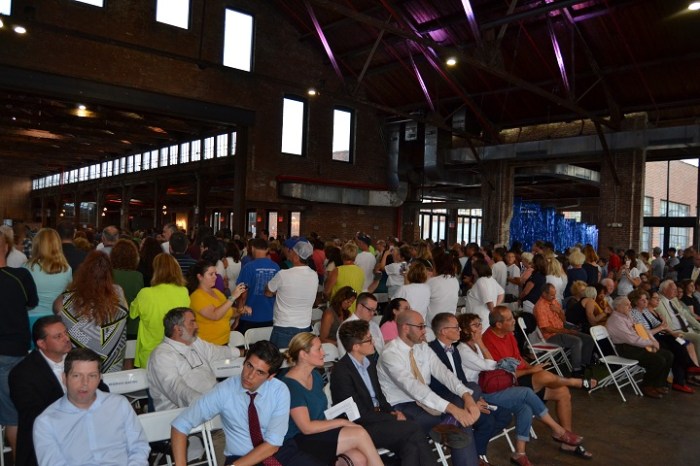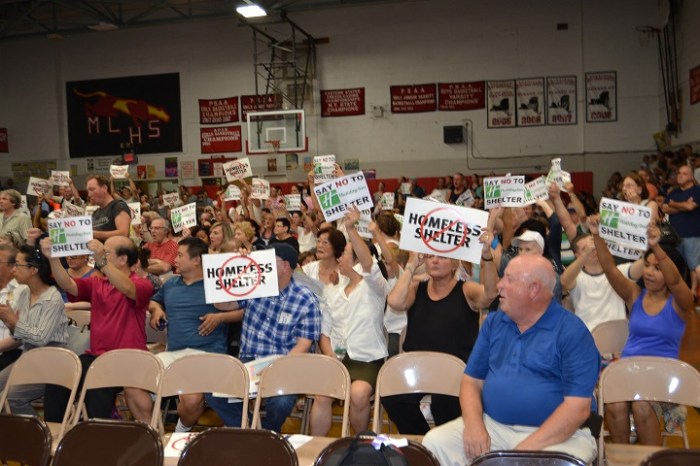Council members Sandra Ung, Linda Lee, Tiffany Caban and Rita Joseph introduced legislation requiring the Department of Homeless Services (DHS) to make a report on the feasibility of partnering with community-based nonprofit organizations that could accept and process shelter intake applications for families with children.
The law proposed on June 2 would help create more intake centers for families outside of the Prevention Assistance and Temporary Housing (PATH) intake center in the Bronx.
According to Ung, many families on the verge of homelessness initially turn to local nonprofit organizations for assistance rather than PATH. These community nonprofits often assist in the application process for PATH, which often takes multiple attempts. In some cases, they provide transport to PATH. The council members feel that these nonprofit organizations have earned their community’s trust and provide culturally competent and in-language services that support immigrant communities.
“Operating just one family intake center in the Bronx to serve all five boroughs is an unnecessary obstacle for families entering the shelter system,” Ung said. “Homelessness is always a hardship, but facing it while also caring for young kids is an enormous burden. We should not add to that struggle by making these families travel long distances just to apply for help. DHS should partner with local nonprofits and community organizations and authorize them to serve as intake centers, as these groups are often the first people in contact with families in need, and they should be able to process their paperwork so they can get help as soon as possible.”
According to the proposed legislation, the DHS reports would identify any barriers to allowing community-based organizations to serve as intake centers and come up with solutions to address them, including any training requirements to implement such a program. They would also look into issues related to accessing necessary databases and procedures regarding confidentiality and data privacy.
“The application process for emergency shelter is difficult enough, and families can’t afford to travel to the only one intake facility in the Bronx to get it,” Lee said. “This is an unnecessary burden in an already exhausting process that ultimately impacts parents and children. Having local community-based organizations serve as intake centers will help families avoid long-distance travel and create an avenue for our immigrant communities to receive culturally competent assistance during the application process.”
If the legislation is passed, it would require the report to be delivered to the mayor and speaker of the City Council no later than Sept. 30.
“When I was a public school teacher, I saw firsthand how many obstacles families in shelters face,” Joseph said. “The city must be better at alleviating the challenges our unhoused neighbors experience. DHS operating just one family intake center in the entirety of the city is a burdensome and unnecessary challenge for families entering the shelter system. The city needs to authorize local nonprofits and community-based organizations to serve as intake centers because these groups have on-the-ground experience helping neighbors in crisis in a timely and thoughtful manner.”




































